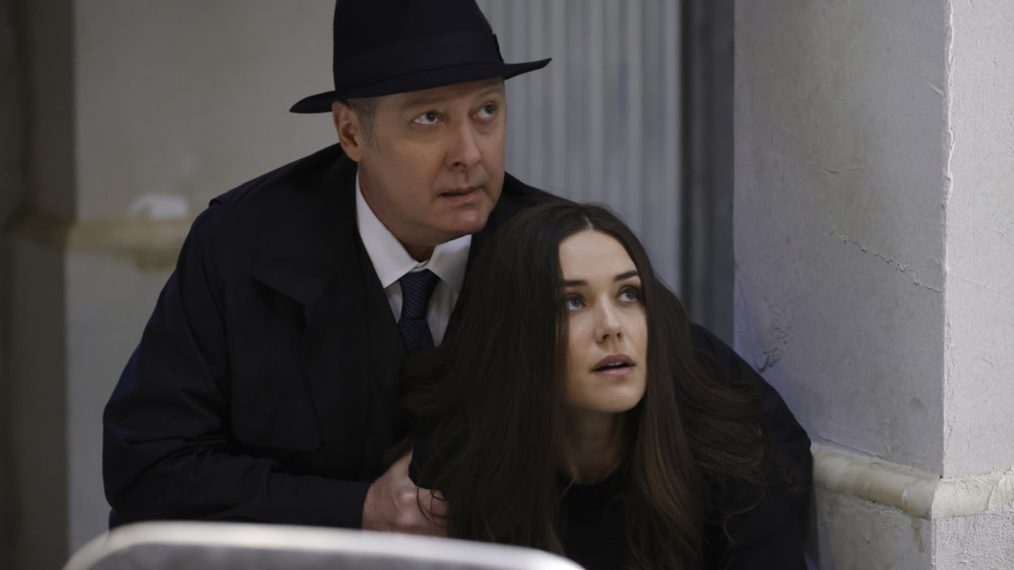#The Next Great Environmental Horror Movie – /Film

“#The Next Great Environmental Horror Movie – /Film”

With shades of Annihilation, The Last Of Us, and The Ruins, Jaco Bouwer‘s Gaia is a welcome addition to the environmental horror canon. South Africa’s Tsitsikamma forest stages a warning from our universe’s mother; a scolding finger pointed towards humankind’s treatment of Earth. When Gaia bleeds, Gaia gets pissed. Tertius Kapp’s screenplay is contemplative horror that’s as substantially frustrated as it is enthrallingly tense. Creature elements emphasize costumed contortions, devastation is a colorful bouquet, and consequences are so righteously earned—and yet, we can still sympathize with opposing characters.
It’s never adversely preachy or obnoxiously intentioned, either. Bouwer succeeds in responsible exploitation that slithers roots under your skin with the creepiest of crawly sensations.
Park rangers Gabi (Monique Rockman) and Winston (Anthony Oseyemi) cut surveillance routines short to investigate an ancient stretch of woodland after Gabi’s drone glimpses a suspicious figure. Winston agrees to an hour canvas of the area, but that’s before Gabi is spiked through the foot via trap. It’s not long after that Gabi meets Barend (Carel Nel) and Stefan (Alex van Dyk), survivalists living off the surrounding land. Both father and son address Gabi’s wound, but nightfall brings unidentifiable threats and no sign of Winston. Barend suggests they’re standing on hallowed ground, where a deity no longer slumbers. Civilization has woken a beast, and their reckoning looms over the horizon.
The protest propelling Gaia doesn’t mince words. Barend raises Stefan wholly self-sufficient, where Gabi’s smartphone puzzles the primitive boy, and trucks are “monsters.” Gabi’s conformity under societal norms makes her an outcast, as Barend prays to the “Mother of Creation and Destruction.” History’s industrial revolution is referenced as a war humanity started and a war that “Gaia” is losing—the impetus for her appropriate backlash. It’s commonplace pro-conservation rhetoric, but Barend’s scribbled manifestos and disciple behavior towards a bulbous tree-hole altar elevate the film’s fantasy allure. Not to mention biblical parallels to blind fanaticism that even teases religious replications of Abraham and Isaac’s trial, whether or not climaxes mirror scripture reads.
As for the genre elements nurtured by Bouwer’s green thumb, fungal spores dance along windblown currents as this blustery depiction of nature’s innocence—until inhaled or absorbed by human bodily systems. Gabi’s nightmares blossom microorganism plumes out of raw lacerations, growing within a fleshy host. It’s unquestionably gorgeous makeup design as various decorated mushrooms, mosses, and fungi entomb breathing vessels without losing horrific implications. Gaia wages an airborne assault in addition to sightless creatures launching berserker attacks after nightfall, all as Gabi comprehends her incomprehensible scenario. Barend becomes Gabi’s only hope for escape, unless his devotion to foliage and soil corrodes barbaric hospitality with whispers of sacrificial offers.
Perhaps the complications between characters and themes are what emboldens Gaia. Gabi’s relationship with Barend is hesitant but open to discussions. Stefan’s boyhood adolescence sparks obvious but hormonally anxious chemistry as the young teenager encounters a beautiful woman for presumably the first time. Barend and Stefan genuinely offer Gabi aid, but Gabi’s curiosity strengthens bonds that elongate her stay beyond hallucinogenic portals into dream states about Mother Earth’s almighty wishes. Nor does the screenplay struggle with generating empathy within characters like Gabi despite scathing condemnations about how Gabi’s tech-glued, emission unsavvy, greedy society is destroying our home planet. Bouwer’s vision never one-dimensionally punishes those deserving Gaia’s anger; rich narrative complexities weigh multiple angles—but revenge is still best served homegrown.
Gaia is a dazzling bio-horror excursion from the opening minute where cinematographer Jorrie van der Walt inverts his camera to sell glassy river reflections of dense treelines as to distort stabilization, in one of many choice stylistic maneuvers. Alarm heightens as a pulsating red light against blackened backdrops amplifies the beating heart within Gaia’s barky husk, cementing the visual proficiency of this sometimes hunt-and-stalk, sometimes parasitic, always damning advocation for cleaner lifestyles. As if writhing scenic callbacks to Antichrist weren’t enough? Jaco Bouwer commands a confident vision slathered in mud, conscious of diminishing resources, and inspired to strike molecular retribution—but don’t sigh. Monsters with extendable vines, immortal malevolence, and ferocious resolutions confirm no leisurely weekend stroll through the park.
/Film Rating: 8 out of 10
Cool Posts From Around the Web:
If you liked the article, do not forget to share it with your friends. Follow us on Google News too, click on the star and choose us from your favorites.
For forums sites go to Forum.BuradaBiliyorum.Com
If you want to read more Like this articles, you can visit our Social Media category.




